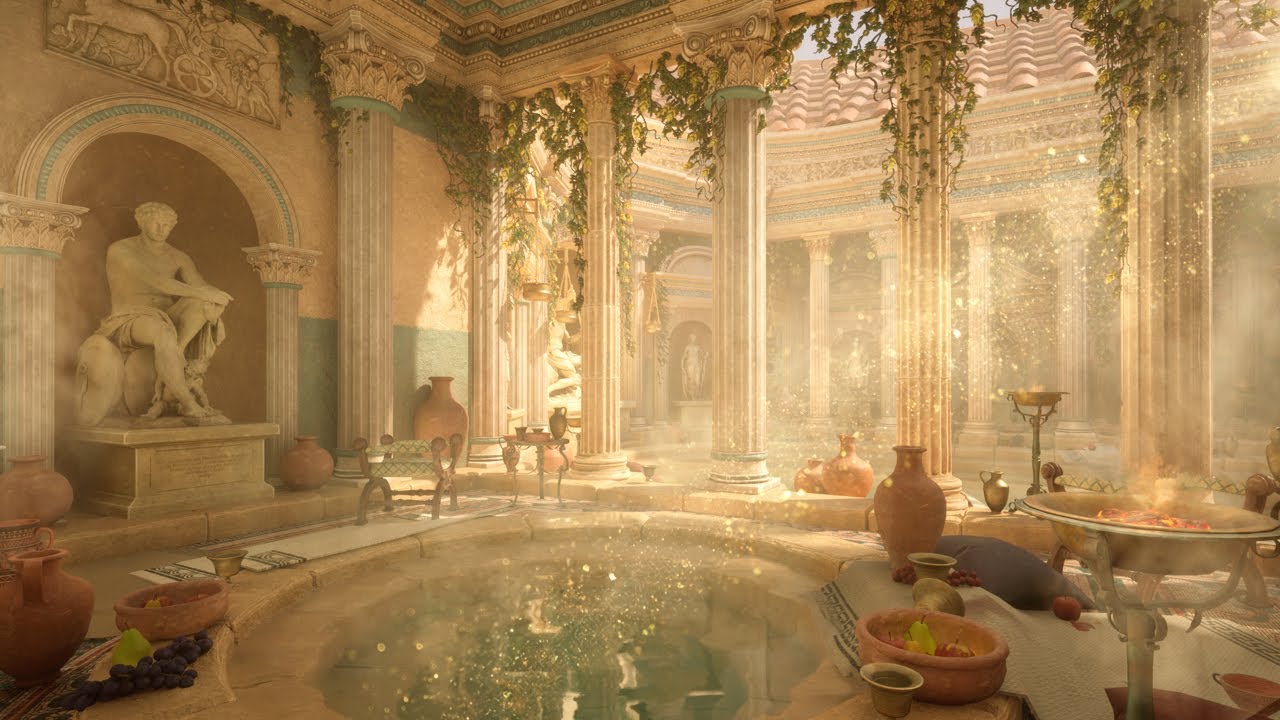The Roman civilisation further popularised soap-making. According to legend, the discovery of soap is credited to Mount Sapo, a site where animal sacrifices were performed. The mixture of animal fats, ashes, and rainwater supposedly formed a cleaning substance that flowed into the nearby river, where people noticed that their clothes were cleaner after washing in it. True or not, the Romans are known for their love of bathing, and they used a form of soap in their public baths, often mixing oils and ash to cleanse themselves.
3- Medieval Europe
In mediaeval Europe, soap was a luxury few could afford, and was considered a luxury due to the scarcity and cost of its ingredients. In this era, soap makers experimented with scents, adding herbs like lavender and rosemary. Soap became more popular in countries like Spain, Italy, and France, where soap-making became a respected craft. By the 13th century, cities like Marseille and Castile were renowned for producing high-quality soaps, thanks to their abundant olive oil supplies.
4 - Renaissance
A time of great growth across the arts, it also saw the rise of soap making guilds. As personal hygiene became more important, soap-making shifted from households to established guilds and workshops. The English government even levied a tax on soap, making it an expensive luxury. However, with technological advances and increased demand, soap production grew. The discovery of how to make lye from salt and sodium carbonate allowed for more consistent and efficient soap production.
5 - Industrial Revolution
The Industrial Revolution saw an explosion in soap production, making it more affordable and readily available to people across social classes. Companies like Pears Soap in England began to market soap as a health necessity, promoting the link between cleanliness and disease prevention. By the 1850s, soap was a staple in most households, and brands began to emerge with products for different purposes, from laundry to personal care.
6 - The Synthetic Detergent
With the invention of synthetic detergents in the 20th century, soap production took a significant turn, transforming bar soaps into liquid and gel forms and giving rise to body soaps and hand soaps.
7 - Today
Today, soap-making has come full circle. Artisanal, hand-crafted soaps are once again popular, celebrated for their natural ingredients, artistry, and sustainable practices. Elliqua focuses on an eco-friendly and organic ingredient, small-batch high-quality approach and crafted with unique ingredients; shea butter, olive oil, vitamin E and coconut.




